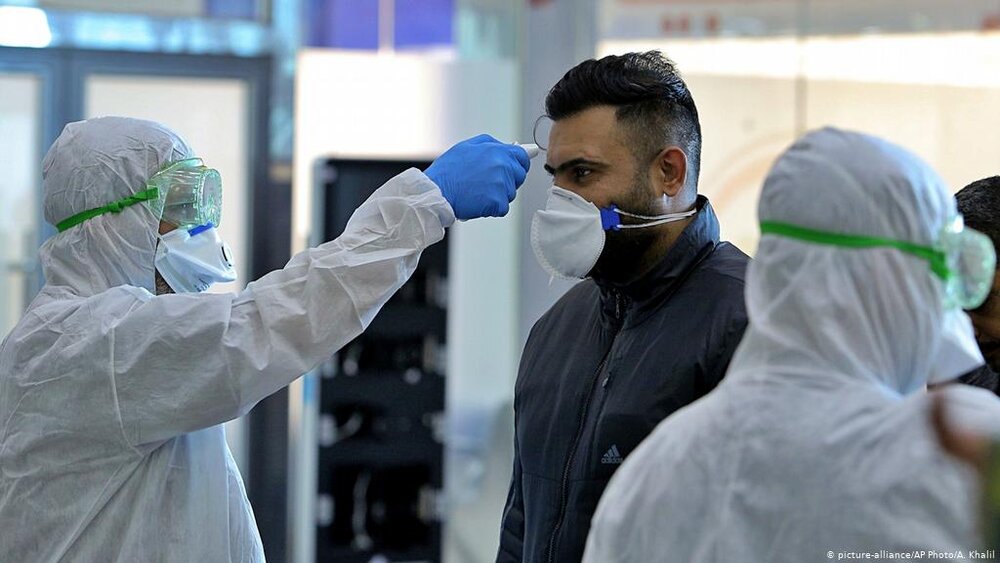Iran reduces PCR test validity for air passengers

TEHRAN – Iran has reduced the validity of negative COVID-19 PCR test results from 96 hours to 72 hours for inbound and outbound passengers.
According to the Health Ministry, and the National Headquarters for Coronavirus Control, people flying to or from Iran need to do their PCR test within 72 hours before their flights.
The new regulation replaced a role that required to bar passengers from boarding if they do not have a negative COVID test within 96 hours of departure.
Iranian citizens without a negative coronavirus PCR test result are subject to medical screening and quarantine for 14 days at their own expense, while non-Iranian nationalities without the certificate are not allowed to enter the country.
All passengers are subject to the medical screening on arrival, and if they are suspected of having the disease, non-Iranian nationalities will be quarantined at a place specified by the Health Ministry at their own expense and Iranian citizens will need to self-isolate for 14 days.
According to some Iranian airlines, passengers from the United Kingdom, Japan, Botswana, Zimbabwe, Namibia, Seychelles, Angola, Mozambique, Lesotho, Malawi, Zambia, and Mauritius, as well as the travelers who have stayed in these countries for two weeks before entering the Iranian border, due to the spread of a new variant of the coronavirus in these regions, are not allowed to enter the country.
The worldwide outbreak of COVID-19 has brought the world to a standstill, and tourism has been the worst affected of all major economic sectors.
World tourist arrivals fell by 72% over the first ten months of 2020, according to data compiled by the World Tourism Organization (UNWTO) in December.
Restrictions on travel, low consumer confidence, and a global struggle to contain the coronavirus pandemic are amongst factors contributing to the worst year on record in the history of tourism.
Iran has also suffered the same fate as its foreign arrivals plunged 72% during the first eight months of 2020 when compared to 2019.
ABU/AFM

Leave a Comment